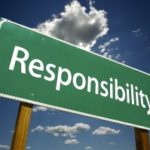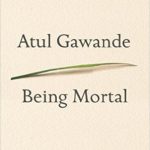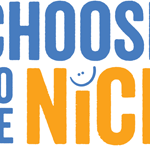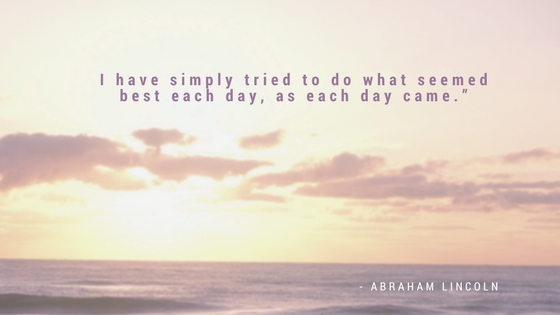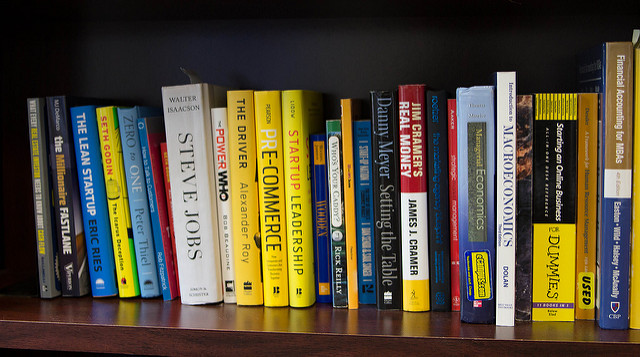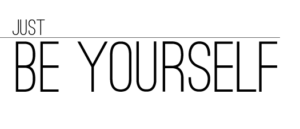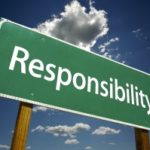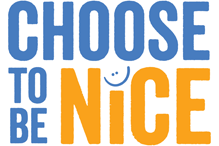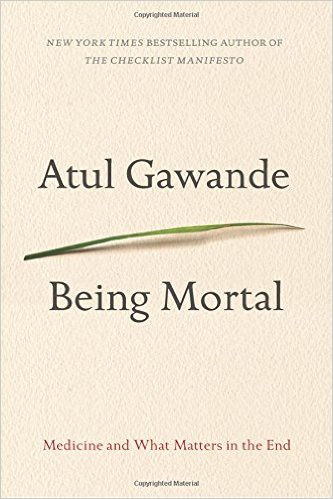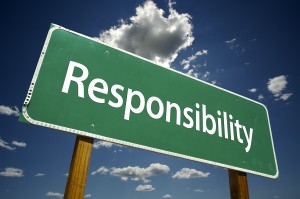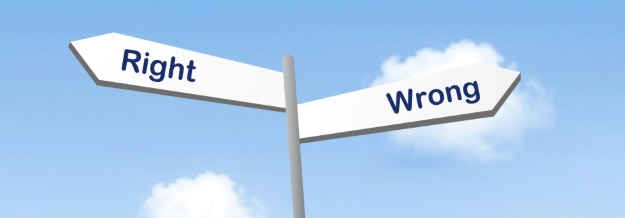“Patience is the calm acceptance that things can happen in a different order than the one you have in mind.”
—David G. Allen, Author of Getting Things Done
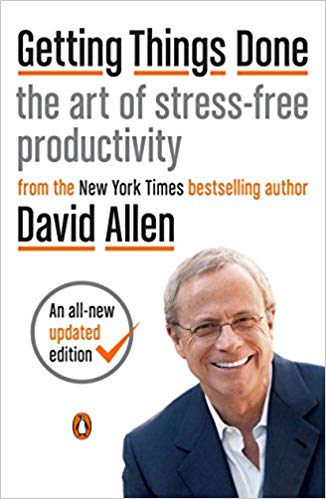
In my very early years as a coach, I learned a variety of reasons why people get upset, such as unfulfilled expectations, and thwarted intentions.
Given the realization that many things can and do happen in different orders, or at different times, Allen coaches us to exercise greater patience, resulting in fewer upsets in our days.
EXERCISE:
How and in what ways can greater patience and acceptance of life’s upsetting moments bring greater peace of mind and calmness to your world?

